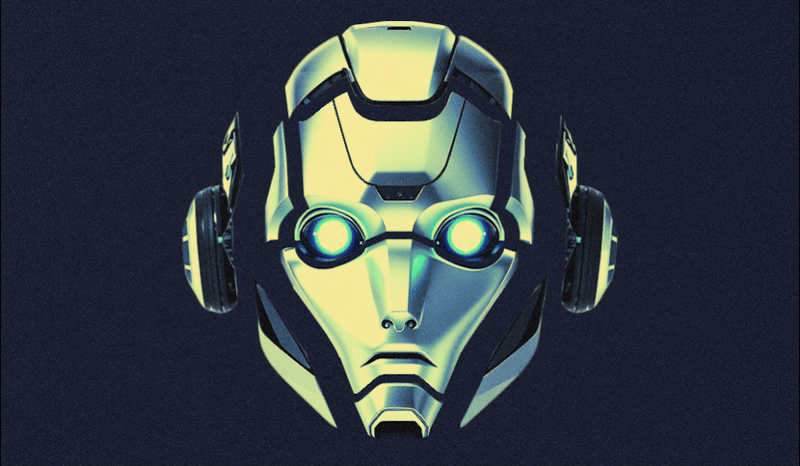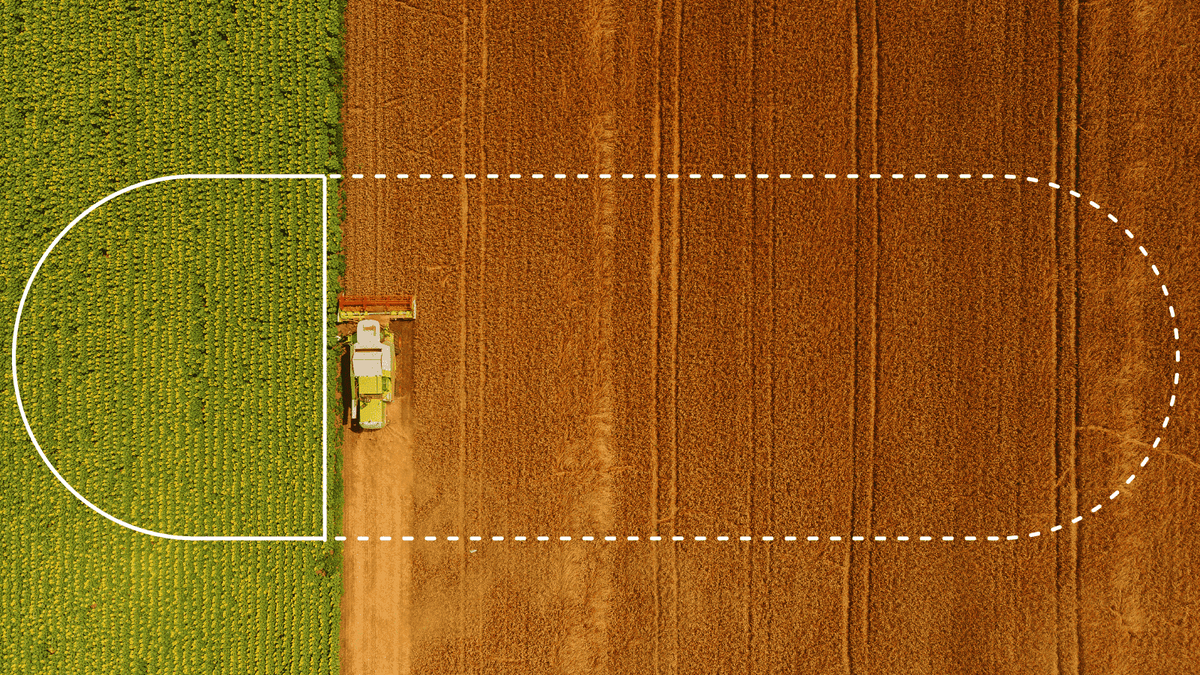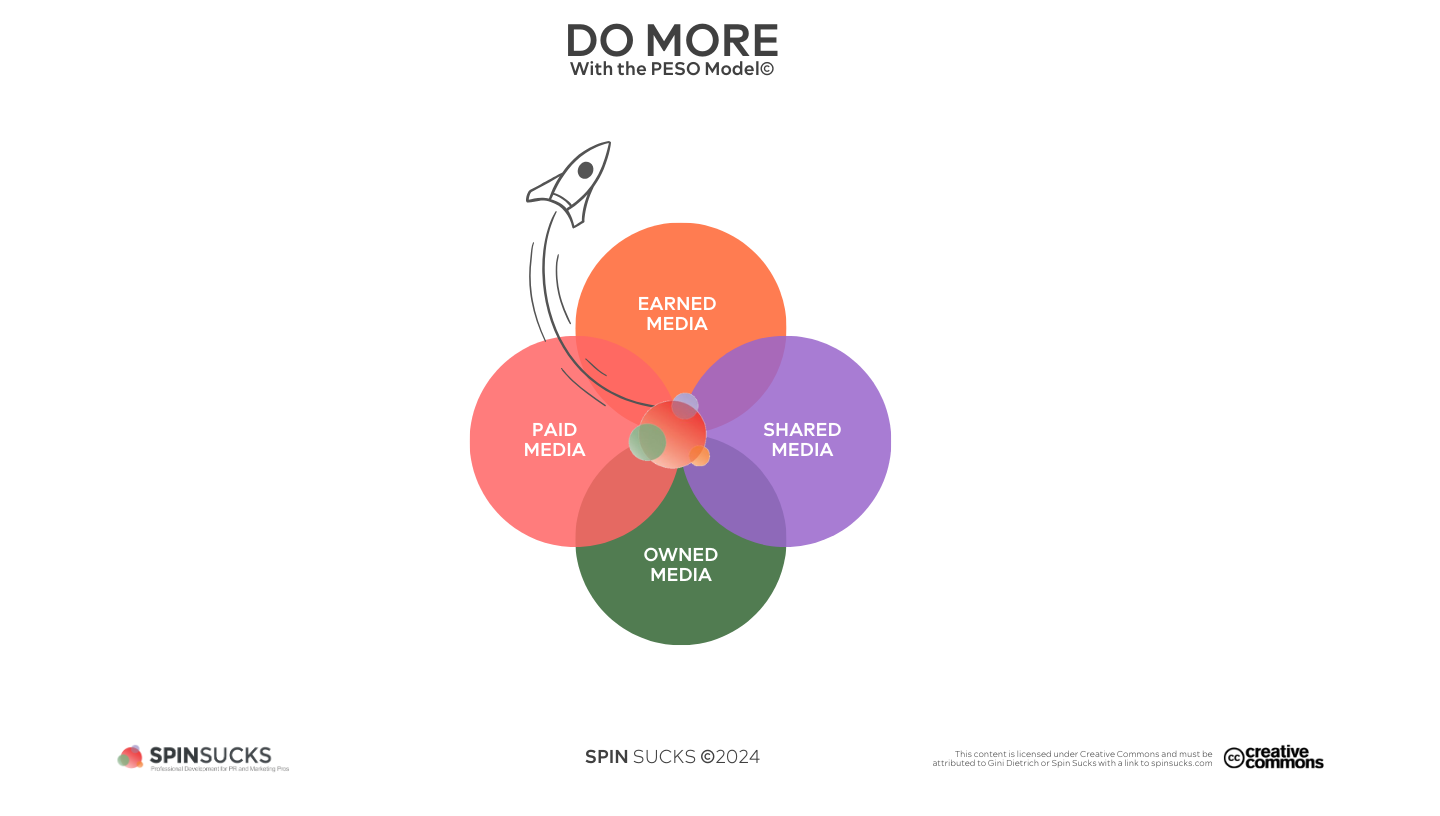BIG DUMB EYES
“This book is never trying to say anything even close to important,” writes comedian Bargatze, whose following has been blowing up lately thanks to a couple of well-received Saturday Night Live appearances—a surprise, perhaps, given his G-rated approach to comedy. Yet Bargatze, a native Tennessean, does dig a little deeper into important territory here, writing, for instance, that his paternal grandparents were alcoholics, the grandmother “basically what these days they’d call abusive,” unforgiving of his father’s speech impediment. Happily for his father, though, a sympathetic teacher got him interested in reading—and in magic, which led to comedy. There aren’t many family dynasties in stand-up, but Bargatze didn’t mind when his father opened for him once and killed, even though “I told him he couldn’t be too funny.” Bargatze writes affectingly of his beloved younger sister, working the Men in Black franchise deftly into one episode and a lovely little bit of pop culture into another (it would ruin the fun to say much more except that it concerns a dog and a certain all-girl group from way back when). Much of Bargatze’s approach onstage and here is observational, and he has a good eye for the goofy detail, recounting growing up in a town whose police force existed “for one reason, and that was to give people speeding tickets” and professing amazement that, in his adopted home of New York, people cleaned up after their dogs “every single time the dog did its business!” Bargatze is right that “the world of books is in the same place as it was before I entered it,” yet he turns in a pleasingly genial narrative all the same.


“This book is never trying to say anything even close to important,” writes comedian Bargatze, whose following has been blowing up lately thanks to a couple of well-received Saturday Night Live appearances—a surprise, perhaps, given his G-rated approach to comedy. Yet Bargatze, a native Tennessean, does dig a little deeper into important territory here, writing, for instance, that his paternal grandparents were alcoholics, the grandmother “basically what these days they’d call abusive,” unforgiving of his father’s speech impediment. Happily for his father, though, a sympathetic teacher got him interested in reading—and in magic, which led to comedy. There aren’t many family dynasties in stand-up, but Bargatze didn’t mind when his father opened for him once and killed, even though “I told him he couldn’t be too funny.” Bargatze writes affectingly of his beloved younger sister, working the Men in Black franchise deftly into one episode and a lovely little bit of pop culture into another (it would ruin the fun to say much more except that it concerns a dog and a certain all-girl group from way back when). Much of Bargatze’s approach onstage and here is observational, and he has a good eye for the goofy detail, recounting growing up in a town whose police force existed “for one reason, and that was to give people speeding tickets” and professing amazement that, in his adopted home of New York, people cleaned up after their dogs “every single time the dog did its business!” Bargatze is right that “the world of books is in the same place as it was before I entered it,” yet he turns in a pleasingly genial narrative all the same.



















































![The 11 Best Landing Page Builder Software Tools [2025]](https://www.growthmarketingpro.com/wp-content/uploads/2024/04/best-landing-page-software-hero-image-1024x618.png?#)

































![What Is Generative Engine Optimization [Tips & Workflows To Do It]](https://moz.com/images/blog/banners/What-Is-Generative-Engine-Optimization-Tips-Workflows-To-Do-It-1.png?auto=compress,format&fit=crop&dm=1745607929&s=6f75f1f02c531af0f80acb12517c8bab#)


























![Social media image sizes for all networks [May 2025]](https://blog.hootsuite.com/wp-content/uploads/2023/01/Social-Media-Image-Sizes-2023.png)



![The fastest growing social media platforms of 2025 [new data]](https://53.fs1.hubspotusercontent-na1.net/hubfs/53/fastest-growing-social-media-platforms.jpg)




















